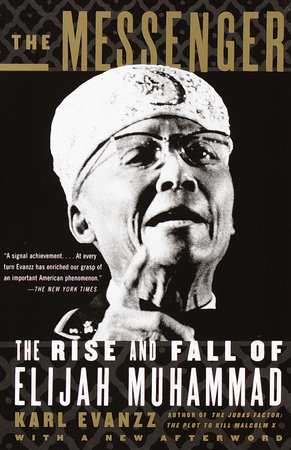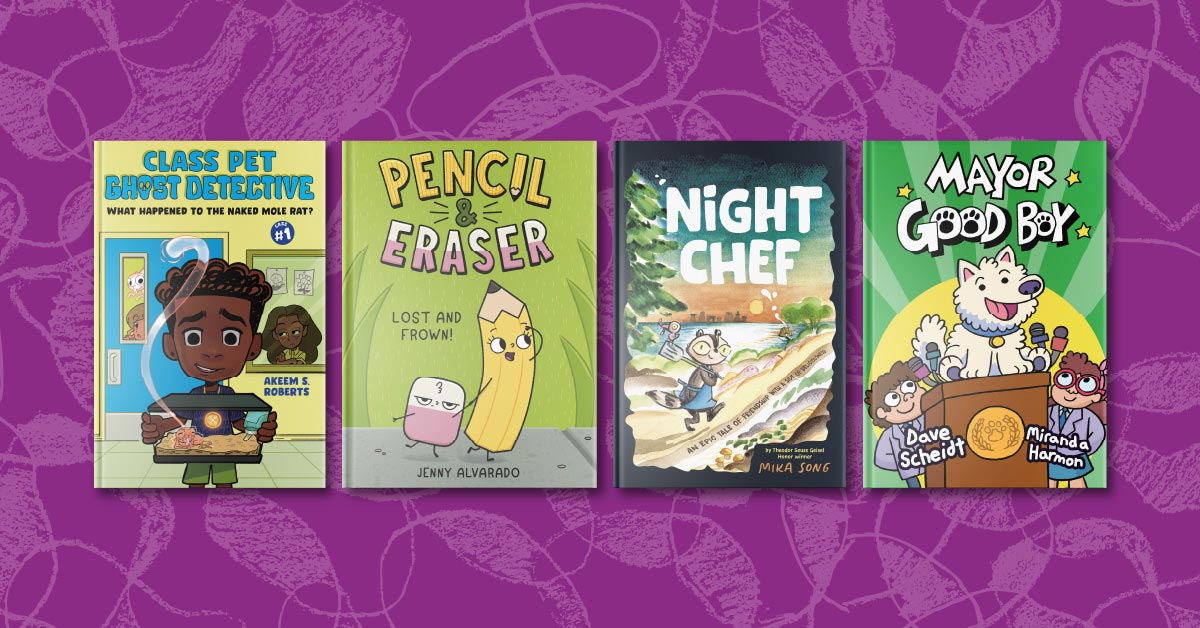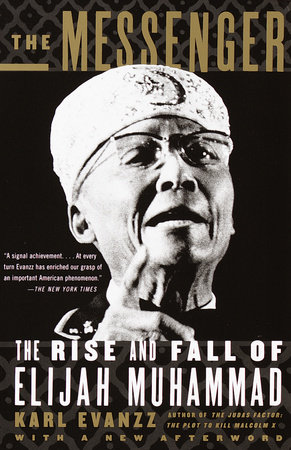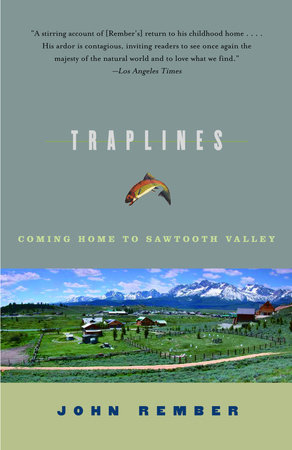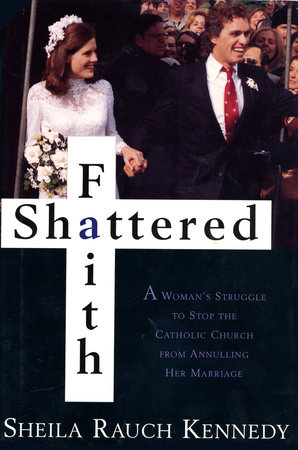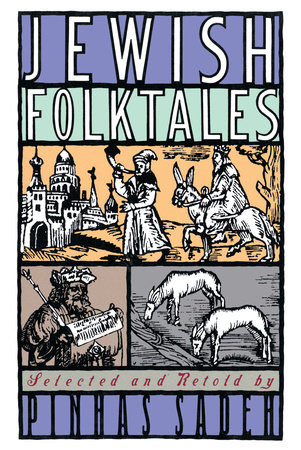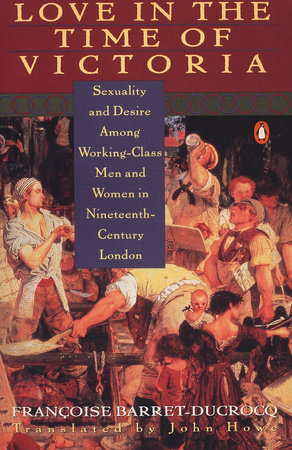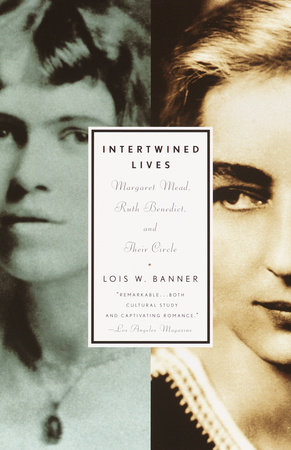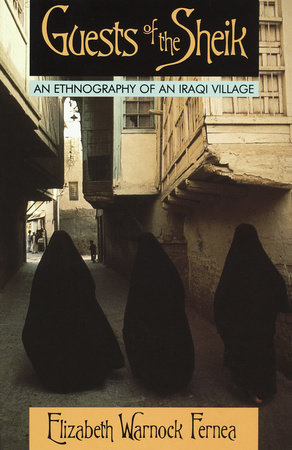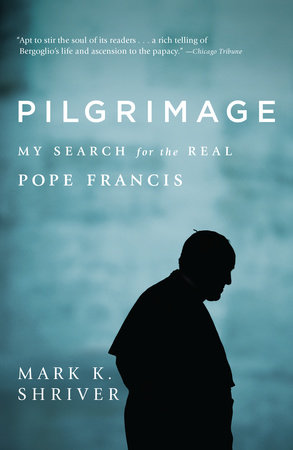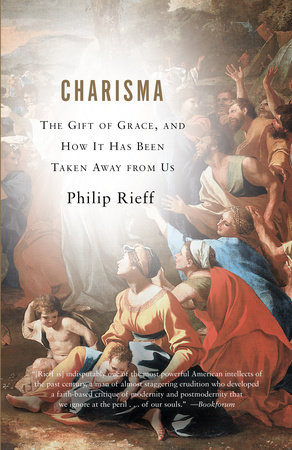A Conversation with Karl Evanzz, Author of THE MESSENGER: THE RISE AND FALL OF ELIJAH MUHAMMED
Q: Your first book, THE JUDAS FACTOR, dealt with the assassination of Malcolm X. THE MESSENGER, which chronicles the life of Elijah Muhammad, offers a portrait at odds with the one Farrakhan has painted. Why is there such a wide discrepancy between the two?
A: Well, because he’s trying to cover certain information while I’m trying to uncover it. Farrakhan’s aim is to lionize Muhammad and to make of him something that he wasn’t, and in the process make himself something that he isn’t. The Messenger wasn’t infallible or the "black messiah," as Farrakhan argues. I think the one thing that he and Farrakhan share is that both had the potential to be heroes for African Americans, but squandered the opportunity. When children of the 22nd century study our time, they will read about Malcolm X in the section on famous African Americans, but they’ll find Farrakhan and Muhammad in the section on infamous African Americans.
Q: How so?
A: Because both placed too much value on material things — unlike Malcolm and Dr. King, who made spiritual progress and social justice their priorities.
Think back to the Million Man March. Farrakhan had the nation’s attention — the world’s attention via CNN and satellite communications, and what did he do? Did he apologize for all the terrible things he’s said about white people, about Jewish people, and about those of his own race who dared to disagree with him? No. He wants everyone but himself to atone. He stood there for over two hours delivering a long-winded lecture that was devoid of any memorable lines.
When people are asked to quote Malcolm, they know that he said that black people should achieve freedom "by any means necessary" or they can tell you one of his parables. When people think of Dr. King, they can quote from his "I Have a Dream" speech. But ask someone to quote Farrakhan and all you’ll get is a blank stare. He’s all shadow and no substance. As for being a hero, he’s blown the chance repeatedly. He blew it by offering cagey comments about the assassination of Malcolm X, by prevaricating about Muhammad’s relationship with the teenage secretaries who bore his children, and by being a narcissist.
The same is true of Muhammad. His grandson, the Pulitzer Prize winning photographer for the New York Times, was correct when he said that Elijah Muhammad is historically significant. His greatest contribution to African Americans was in restoring their sense of pride and offering them an alternative to Christianity, for which slavery left a bitter aftertaste. But his greatest failure was in refusing to lead them beyond the pride of race and to do what his son Wallace has done: to guide black people beyond a race-based version of Islam to orthodox Islam.
Q: Are you saying that Farrakhan is misleading people with his brand of Islam?
A: Certainly. Anyone who’s heard what Farrakhan preaches knows it’s not Islam. As Malcolm said, it’s Elijah Muhammadism or some other religion, but it’s not Islam.
Q: Are you a Muslim?
A: No. I believe in the legitimacy of all the major religions. I read a book in high school called The Religions of Man. The author, Huston Smith, eloquently conveys the beauty and similarities between Christianity, Judaism, Islam and other major faiths. I think that if people took the time to investigate the major faiths, there wouldn’t be so much intolerance of differences in this world. The same is true, of course, of investigating other cultures. Too many people spend their lives trying to avoid the unfamiliar — whether it be people of another color or someone with a physical disability — and in so doing deprive themselves of God’s varied and plentiful gifts to humankind.
Q: You’re regarded as an authority on the Nation of Islam, so I wondered whether you were ever a member. The spelling of your last name — with two Zs –indicates that perhaps you were.
A: I did come close to joining the Nation when I was a teenager. I was brought up as a Catholic until I was around nine or so, then my family attended an African Methodist church. I was considering becoming a Muslim after the assassination of Dr. King because his murder filled me with a nearly uncontrollable rage. I went from thinking "It’s Miller Time!?" before his death to "It’s Mau Mau Time!" afterwards. So, yes, I changed the spelling of my name to make it sound more Islamic — or so I thought. But I never joined. To begin with, I could never believe several of the central tenets of Islam as practiced by the Black Muslims.
Such as God coming to Earth in human form, for starters. And the idea of God having parents! Well, that’s the worst chicken-and-egg theory that I’ve ever heard. But there were other reasons. My parents were absolutely against my enlistment. They reminded me of how horribly the Muslims dealt with Malcolm. A year after Malcolm’s murder, the minister in my hometown (St. Louis) was shot. Then my oldest brother told me about a fancy party he attended where he witnessed a Muslim selling marijuana. Finally, a friend of mine was viciously assaulted inside the St. Louis mosque one Sunday for using the "N word" in a question posed to the minister. When I saw how mercilessly four or five Muslims beat him, I knew the Nation of Islam wasn’t for me.
Q: Speaking of violence and the Black Muslims, The Messenger provides vivid details about events leading up to the assassination of Malcolm X. What are the main sources of your information, particularly the conversations?
A: I was at a tremendous advantage in writing this book because the FBI had Muhammad’s telephones wiretapped for many years. After interviewing Muslims — including some of Muhammad’s and Malcolm’s siblings — I was able to decipher many names hidden behind black boxes on declassified government documents.
Q: What do you mean by "black boxes"?
A: The Government uses what appears to be a black felt marker to hide the names of informants and others mentioned in the documents. By studying the subject of a document, then comparing it with what I already know and what was reported in newspapers during a certain period, I could figure out who was talking to whom, and what they were talking about.
For example: Document A says: "X1 called Clara. She was crying and said she felt sorry that her former husband X2 was going to prison for refusing to be inducted into the armed forces. Clara told X1 not to worry because X2 knew this day would come. Clara told X1 to take good care of her grandchild (who is the daughter of X1." Sounds confusing, doesn’t it? But by noting the date of the conversation, where it was recorded, and other notations on the document, I deciphered that X1 was the former wife of Wallace Muhammad — or X2 — who was leaving Chicago for prison at the time that the conversation was recorded.
Q: You interviewed members of Muhammad’s and Malcolm X’s families. How about Farrakhan?
A: Farrakhan has never agreed to be interviewed by me. I had the good fortune, however, of knowing several people who are or were in Farrakhan’s inner circle. Without him knowing it — or so I was led to believe — they would present questions from me to him, then relay his response to me.
Q: You spent 15 years researching and writing THE JUDAS FACTOR. How long did you work on THE MESSENGER?
A: Five years – I started researching it in 1993, and finished the first draft in 1998. At my age, I’ll have to write a lot faster from now on if I hope to have my other projects published.
Q: What do you think of Minister Louis Farrakhan?
A: Remember Lloyd Bentsen’s quip during the debate with Dan Quayle? Well, here’s my adaptation." Let me tell you. I knew of Malcolm X, and believe me, Farrakhan is no Malcolm X." The only reason Farrakhan is popular is because there are no advocates for the millions of forgotten poor people in America’s inner cities. Before she died, Betty Shabazz said aloud what many people had been whispering for years.
Q: About Farrakhan’s alleged involvement in Malcolm X’s demise?
A: The key to her answer, of course, was what she meant by involvement. Farrakhan himself has admitted that he was involved, but only in the sense that he helped created the volatile atmosphere in which Malcolm X was assassinated.
Karl Evanzz on Karl Evanzz
Q: In the acknowledgments of THE JUDAS FACTOR you state that you were a former gang member. When was this, and when did you first discover Malcolm X?
A: I was a member of a couple of gangs as a youngster. When I was about twelve, I was transferred to a junior high school where the almost all the kids were little gangsters — even the girls! I grew up in St. Louis — site of the 1904 World’s Fair, the Arch and all that, and the apartment my parents rented was located in a pretty tough area. It was in the heart of the city, that is to say the ghetto. The first gang I joined was called the Taylor & Cottage Boys, or "TCs" for short. To survive junior high in my neighborhood, you had to join the TCs, the Evans Boys, the Vandeventer Bugs, or one of the other gangs. Each gang ruled a given territory. I had the distinguished misfortune of living on the border of territory controlled by the TCs and the Evans Boys.
Q: Why do you say misfortune?
A: Because half of the kids in my neighborhood were members of the Evans Boys — all the territories were based upon bizarre school boundaries — and the rest were sent to Turner, where most joined the TCs. We were doing most the things then that young black men and Latinos in California and Asians in D.C. and New York are doing now — petty drug sales, having turf wars, but mostly just foolishly maiming and killing one another. For me, that began to change after Dr. King was assassinated. Overnight, it seems, a new consciousness engulfed the community. While I was aware of the so-called Black Power groups, I paid them little or no attention until 1968, after the assassination of Dr. King.
Q: So you’re saying you discovered Malcolm X after Dr. King’s assassination? That seems incongruous.
A: Maybe it does, but that’s exactly what happened. My parents weren’t too keen on Malcolm X, and I was only twelve when he was killed. But some of the older guys in the neighborhood were spitting fire over his assassination. That was the first time in my life that I heard black men talking seriously about killing white people. Then, when Dr. King was assassinated, my political consciousness was elevated to a whole new level. My parents felt that any society evil enough to assassinate Dr. King had no good left in it. She worked overtime and triple-time to earn enough money for a seat on a bus headed for the March on Washington in 1963. She worshiped Dr. King, she really did. After his assassination I began hearing dour comments from my parents and my friend’s parents about how wicked the government was for conspiring to kill King, and I was also approached by several neighborhood youths who had joined something called the Nation of Islam.
Q: So, that’s when you decided to join the Black Muslims?
A: I never joined the Black Muslims, although many of my colleagues did. But I did begin attending their temple in St. Louis on a regular basis – which had a lot of converts after King’s assassination. I think if the riot hadn’t occurred in St. Louis that year, the Nation of Islam might have seduced me and others to sign our names in the "Book of Lamb" or "the Lamb’s Book of Life." That’s what they call it when you write the letter requesting permission to join the sect — getting your name in the Book of Life or, depending on how worked up the minister was, the Book of Lamb.
The riot in St. Louis and other large cities released anger that had nowhere else to go. In those days, one rioted or joined the Nation of Islam, which was preaching that it knew that white people would kill Dr. King as soon as he became a threat to national security. His outspokenness on the Vietnam War, the Nation of Islam taught, was one of the reasons an assassin’s bullet silenced him. I totally repudiated Christianity after his murder. Things I heard from the Muslims about Christ gave me a radical new perspective.
Q: How so?
A: I attended a Catholic elementary school, and was horrified by depictions of the crucifixion of Jesus Christ. When the Black Muslims told me that Christ was a black man and that white people had been killing black people since the beginning of time, it doubled the anger I felt over King’s assassination. As I began to study African American history, there seemed to be a pattern of death for certain black people. Those who confronted the status quo often ended up being murdered or otherwise broken, like Paul Robeson. I later realized, of course, that the same was true of anyone who confronted the powers that be, but at that time in my life, I had tunnel vision. All I could see were the wrongs white people committed against Blacks, Latinos, and Native Americans. I felt that everything I had been taught in school had been a lie.
There was Muslim minister named Abraham X at the St. Louis mosque in those days. I asked him how I could reconcile what I learned at school with what Elijah Muhammad was teaching. "You can’t," he said, "because a lie is inconsistent with the truth." I’ll never forget Minister Abraham. He had a mouth full of gold-capped teeth, but he really seemed to be a man dedicated to what he was doing and above all, he impressed me as someone who had a kind heart. For a while I thought of dropping out of school, but the minister was like a big brother to me in that he cautioned me against it. "The white man is teaching the truth about the natural sciences — biology and chemistry and things like that," he said. But all the other stuff — philosophy and history and sociology — is a pack of lies. Mr. Muhammad, he said, needed people adept at the hard sciences to help him build a nation, so he advised me to stay in school and master those subjects. If I did well, he said, I could go far in the Nation of Islam
Q: There’s a rumor that you were once a Black Panther Party member. True?
A: I decided that the Black Muslims were definitely not for me. I also decided to become my own leader. In the fall of 1969, I formed the Black Student Union at the high school I attended [Charles Sumner High in St. Louis], and later that same year I joined a black militant group known as the Black Liberators. A few months after I joined, the headquarters of the Black Liberators was riddled with gunfire. A subsequent investigation revealed that most of the gunfire had come from police. I had left the headquarters only one half hour earlier. When my mother heard about the attack -my parents had recently separated — she insisted that I quit the organization. It was one of the few times during my tumultuous youth that I quickly took her advice.
Q: So what happened?
A: In the fall of 1970, I formed a coalition with black militants at
